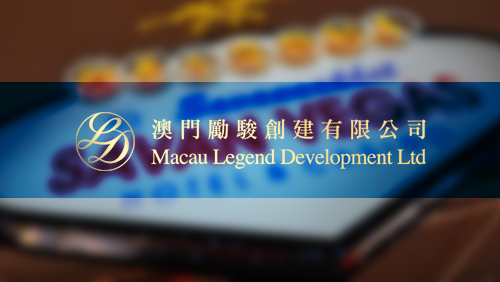 Has the government of Laos found a buyer for the disputed Savan Vegas Hotel and Entertainment Complex?
Has the government of Laos found a buyer for the disputed Savan Vegas Hotel and Entertainment Complex?
In this episode of he said, she said—Savan Vegas edition—one of the shortlisted bidders for the casino announced last week that it received the Laotian government’s approval to operate the casino complex. In a press statement, Hong Kong-listed casino services firm Macau Legend Development said it has agreed to pay US$42 million for Savan Vegas as well as the right to a 50-year monopoly on casino operations in three provinces of Laos, including the area where the casino complex is located.
Macau Legend’s agreement with the government also include the possibility of the casino company converting the land next to Savan Vegas into another resort development featuring two golf courses, a 600-room hotel, villas, casino, exhibition hall and spa, pool facilities, staff quarters and training facilities.
Macau Legend was one of the six shortlisted companies for the acquisition of Savan Vegas complex.
But last week, electronic gaming machines maker RGB International Bhd said the tender process was cancelled by the government of the Lao People’s Democratic Republic.
According to Macau Legend, “The project development agreement (PDA) has an initial term of 50 years, and subject to fulfilment of all obligations by Macau Legend for the initial term, may be extended for an additional period up to another 49 years.”
Under the agreement, “The government of the Lao PDR shall not grant to any third party any licence, permit or concession authorizing such third party to operate any gaming activities within the exclusivity zone (which consists of the provinces of Bolikhamsay, Khammouane and Savannakhet of the Lao PDR) without the prior written consent of Macau Legend.”
Savan Vegas’s former operator, Netherlands-registered Lao Holdings NV, has been after the Laotian government for years now after Laos seized the casino complex in 2012 on grounds that the company owed it $23 million in back taxes. Lao Holdings protested the government’s tax on gaming revenues as too overwhelmingly high at 80 percent (90 percent when coupled with VAT rate).